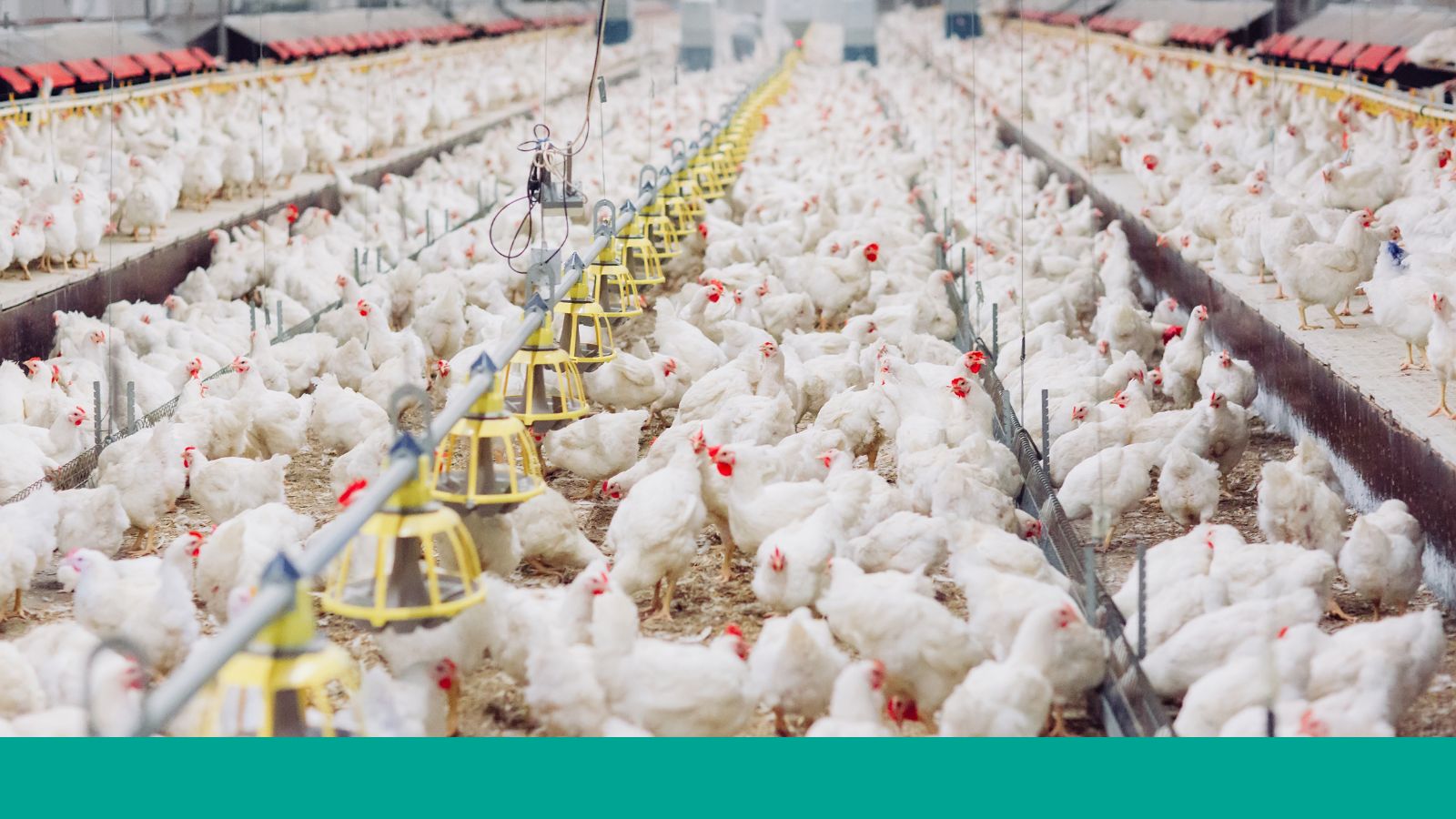Talking Points
What is H5N1 Bird Flu?
- H5N1 bird flu is a viral disease that primarily infects poultry (e.g., chickens, turkeys, ducks) and other wild birds. H5N1 bird flu is particularly contagious in bird populations. From February 2024 through May 2025, the CDC reported that 70 individuals in the United States, most of whom were exposed to dairy cattle and poultry, tested positive for H5N1 bird flu. The CDC has confirmed one death associated with H5N1 bird flu in the United States.
- H5N1 bird flu symptoms in humans are similar to the seasonal flu virus. Possible symptoms include fever, cough, sore throat, muscle aches, nausea, abdominal pain, vomiting, diarrhea, eye infections, difficulty breathing, pneumonia, and severe respiratory disease.
H5N1 Bird Flu Transmission
- H5N1 bird flu spreads to humans when enough virus gets into a person’s eyes, nose, or mouth or is inhaled from an infected bird or animal. There is currently no evidence of sustained person-to-person spread of H5N1 bird flu.
H5N1 Bird Flu Prevention
- For the general public: While the risk of H5N1 bird flu to the general public is currently low, everyone should take the following precautions:
- Avoid contact with poultry, wild birds, and other animals that appear ill or are dead, as well as contact with surfaces that may have been contaminated with their feces.
- Avoid eating uncooked or undercooked poultry, meat, and eggs.
- Drink pasteurized milk that has been treated to kill harmful bacteria.
- Cook poultry, meat, and eggs to the right internal temperature to kill bacteria and viruses, including H5N1 viruses.
- Wash your hands and surfaces thoroughly before and after handling poultry, meat, and eggs.
- For agricultural workers: If you have sustained contact with poultry, dairy cattle, or livestock, take the following actions to minimize the risk of H5N1 bird flu exposure for yourself, your team, and the people in your community:
- Learn how to properly put on, wear, remove, and reuse or dispose of PPE.
- Do not touch sick or dead birds, their feces or litter, or any water source that may be contaminated with their bodily fluids without wearing PPE.
- Wash hands thoroughly with soap and water or an alcohol-based hand sanitizer after contact with birds and other animals.
- Avoid touching one’s own eyes, nose, and mouth after direct contact.
H5N1 Bird Flu Treatment
- If you have had contact with infected birds, infected animals, or their contaminated environments, monitor for H5N1 bird flu symptoms (listed above) for 10 days after your last exposure.
- If you develop symptoms, talk to a healthcare provider. Seasonal flu tests can also detect H5N1 bird flu and help determine the best course of treatment.



